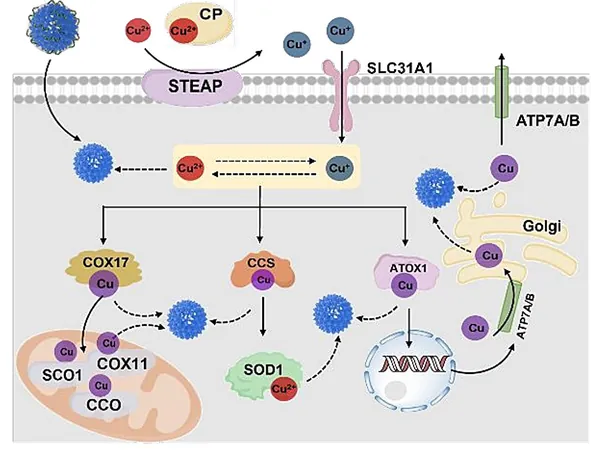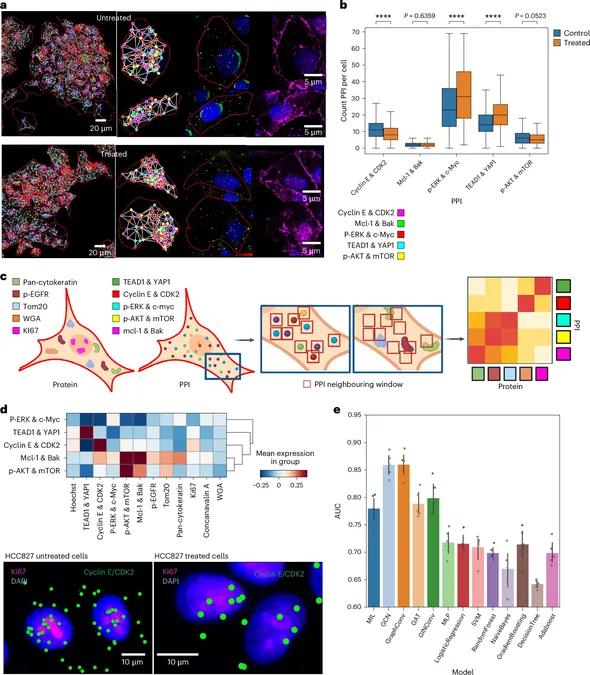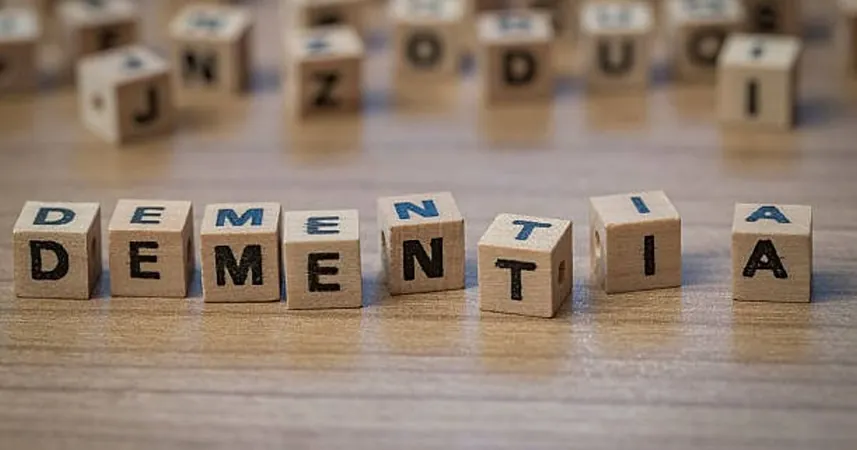
Revolutionary Cancer Therapy: Scientists Unveil Copper Depletion Strategy That Could Change Everything!
2024-11-19
Author: Mei
Revolutionary Cancer Therapy: Scientists Unveil Copper Depletion Strategy That Could Change Everything!
In a groundbreaking advance in cancer treatment, researchers at Nanjing University have introduced a pioneering strategy that challenges conventional methods of cuproptosis therapy, which typically revolve around increasing copper levels in tumor cells.
By focusing on depleting copper, this innovative approach promises a safer and more effective alternative for battling cancer.
Published in the esteemed journal Chemical Science, this cutting-edge study utilizes mesoporous zinc sulfide (ZnS) nanoparticles as "copper nanoconsumers." These nanoparticles efficiently extract copper ions from cancer cells, disrupting their metabolism and ultimately driving them toward cell death.
This marks a stunning departure from traditional therapies that have often relied on the dangers associated with excessive copper accumulation, which can result in significant toxicity and the development of drug resistance.
The success of this copper depletion method lies in the nanoparticles' unique capabilities, which engage in a cation exchange mechanism with intracellular copper ions.
This interaction interferes with vital cellular processes, including mitochondrial respiration and the redox balance essential for cancer cell survival.
In an exciting twist, the researchers have also combined this copper-reducing action with a DNAzyme that inhibits glucose metabolism, effectively striking cancer cells on multiple fronts.
Not only does this innovative therapy target cancer cells more effectively, but it also enhances the efficacy of other treatment modalities such as photothermal therapy—a technique that uses heat to destroy cancer cells.
Early preclinical results are promising, suggesting that this multi-faceted approach could reshape the landscape of cancer treatment.
As the medical community grapples with the limitations of current cancer therapies, this copper depletion strategy offers a glimmer of hope.
The potential to transform therapeutic practices could lead to improved outcomes and higher survival rates for cancer patients around the globe.
As research continues, the world eagerly awaits further developments that could ignite a revolution in how we approach cancer treatment—contact your oncologist today to learn more!




 Brasil (PT)
Brasil (PT)
 Canada (EN)
Canada (EN)
 Chile (ES)
Chile (ES)
 España (ES)
España (ES)
 France (FR)
France (FR)
 Hong Kong (EN)
Hong Kong (EN)
 Italia (IT)
Italia (IT)
 日本 (JA)
日本 (JA)
 Magyarország (HU)
Magyarország (HU)
 Norge (NO)
Norge (NO)
 Polska (PL)
Polska (PL)
 Schweiz (DE)
Schweiz (DE)
 Singapore (EN)
Singapore (EN)
 Sverige (SV)
Sverige (SV)
 Suomi (FI)
Suomi (FI)
 Türkiye (TR)
Türkiye (TR)